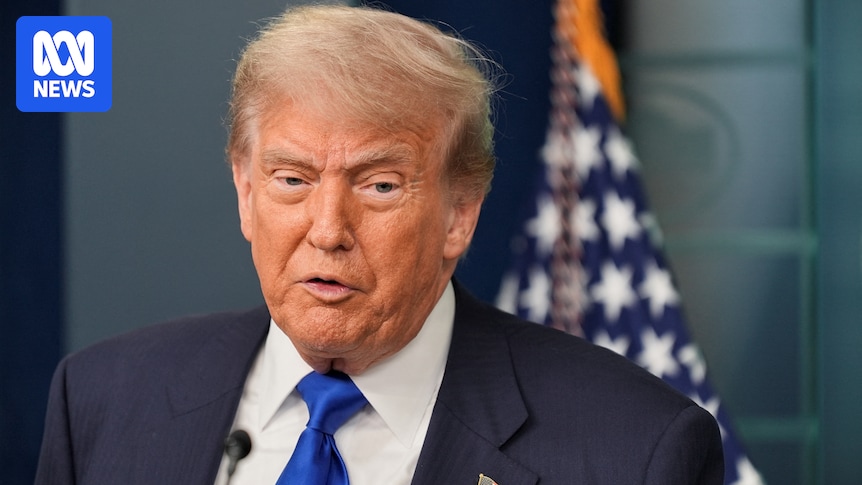
Donald Trump has announced the imposition of a 30% tariff on imports from Mexico and the European Union, set to begin on August 1. This decision marks the latest escalation in the ongoing trade tensions initiated by the former US president. The announcement comes in the wake of unsuccessful negotiations with key trading allies, aiming for a more comprehensive trade agreement.
Mr. Trump communicated the tariffs targeting two of the United States’ largest trading partners through letters posted on his social media account. In his correspondence to Mexico’s leadership, he acknowledged the country’s efforts to curb the flow of undocumented migrants and fentanyl into the US. However, he criticized Mexico for not doing enough to prevent North America from becoming a “Narco-Trafficking Playground.”
“Mexico has been helping me secure the border, BUT, what Mexico has done, is not enough,” Mr. Trump stated.
In his letter to the European Union, Mr. Trump cited the US trade deficit as a national security threat, emphasizing the need to address the imbalance.
“We have had years to discuss our Trading Relationship with The European Union, and we have concluded we must move away from these long-term, large, and persistent, Trade Deficits, engendered by your Tariff, and Non-Tariff, Policies, and Trade Barriers,” he wrote.
EU Prepares for Countermeasures
European Commission President Ursula von der Leyen responded by stating that the EU is ready to take necessary steps to protect its interests if the US proceeds with the tariffs. She emphasized the EU’s commitment to fair trading practices and its willingness to continue negotiations until the August 1 deadline.
“Few economies in the world match the European Union’s level of openness and adherence to fair trading practices,” Ms. Von der Leyen noted. “We will take all necessary steps to safeguard EU interests, including the adoption of proportionate countermeasures if required.”
This development follows a series of tariff announcements by Mr. Trump targeting both allies and adversaries. Earlier this week, the US president revealed new tariffs affecting countries such as Japan, South Korea, Canada, and Brazil. These moves have disrupted the established norms of global trade, which have been governed by the “most favoured nation” principle established during the Uruguay Round negotiations.
Historical Context and Economic Impact
Historically, the US and other nations have adhered to tariff rates negotiated through multilateral agreements. The “most favoured nation” approach ensures that countries cannot impose higher tariffs on one nation compared to others. Mr. Trump’s aggressive tariff strategy, including a proposed 50% tariff on Brazil, challenges these longstanding trade rules.
The European Union, as the US’s largest trading partner, exported goods worth over $553 billion to the US in 2022. The potential impact of the new tariffs could significantly affect this trade relationship, prompting EU officials to seek a resolution.
Maroš Šefčovič, the EU’s chief trade negotiator, expressed optimism earlier this week about reaching a trade deal to avoid the increased tariffs. He suggested that an agreement could be reached “even in the coming days,” providing additional time for negotiations.
Expert Opinions and Future Implications
Douglas Holtz-Eakin, former director of the Congressional Budget Office and president of the American Action Forum, commented on the lack of serious trade discussions over the past months. He highlighted how countries are now strategizing to minimize their exposure to the US economy under Mr. Trump’s tariff policies.
“They’re spending time talking to each other about what the future is going to look like, and we’re left out,” Mr. Holtz-Eakin remarked. He added that Mr. Trump was using these letters to demand attention, but ultimately, “these are letters to other countries about taxes he’s going to levy on his citizens.”
As the August 1 deadline approaches, the international community watches closely to see if further negotiations can avert the tariffs or if reciprocal measures will escalate the trade conflict. The outcome of these discussions will have significant implications for global trade dynamics and economic relations between the US, the EU, and Mexico.






